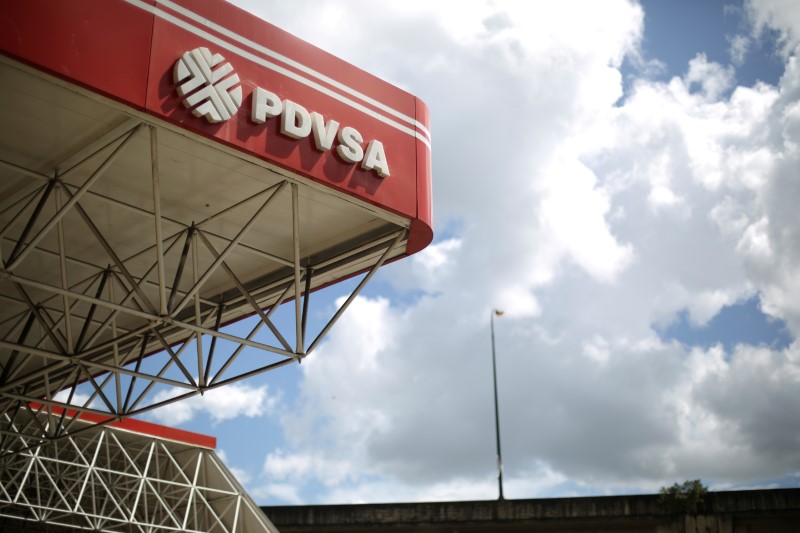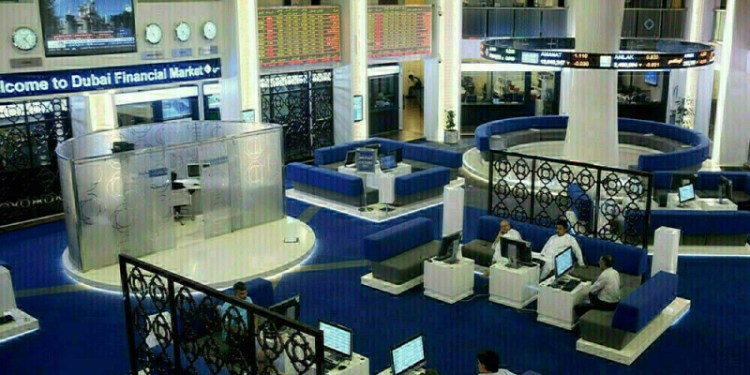 © Reuters. FILE PHOTO: The corporate logo of the state oil company PDVSA is seen at a gas station in Caracas
© Reuters. FILE PHOTO: The corporate logo of the state oil company PDVSA is seen at a gas station in CaracasBy Alexandra Ulmer and Deisy Buitrago
CARACAS (Reuters) – Venezuelan President Nicolas Maduro on Sunday tapped a
National Guard major general to lead state oil company PDVSA [PDVSA.UL] and the oil ministry as the OPEC member labors under near 30-year lows in oil production.
Major General Manuel Quevedo takes over from two industry veterans to become one of the most powerful players in the country, which is home to the world’s largest crude reserves.
A former housing minister with no known significant experience in the energy sector, he inherits corruption scandals and an attempted debt restructuring, all within the context of a deep recession and debilitating U.S. sanctions.
It was unclear how Quevedo would increase oil production or what role he would have in Venezuela’s complex attempt to restructure its debt.
“The time for a new oil revolution has come,” leftist Maduro said in his televised Sunday address, urging Quevedo to purge PDVSA of corruption.
A source at PDVSA, who asked not to be named, said Quevedo was likely to name an entirely new board of directors at PDVSA.
Last week, six executives from U.S.-based Citgo Petroleum Corp (Citgo), a Venezuelan-owned refiner and marketer of oil and petrochemical products, were arrested in Caracas on graft allegations. Around 50 managers at state oil company PDVSA have been arrested since August.
Quevedo describes himself on Twitter as a “soldier of the people, a Chavista, and supporter of President Nicolas Maduro.”
The opposition has accused him of violating human rights and supporting Maduro’s dictatorship because of his role in the National Guard during anti-government protests in 2014.
He is taking over at Petróleos de Venezuela, S.A. (commonly known as PDVSA) from chemist Nelson Martinez and at the oil ministry from engineer Eulogio Del Pino.
While the two had overseen a precipitous decline in oil production, analysts largely saw them as reassuring figures at a time of more political and military appointments at PDVSA.
Venezuela’s oil industry has been hurt by underinvestment, chronic theft, a loss of people with industry experience and training, and shortages of spare parts.
“The latest corruption scandals ended up weakening the last technocrats left in PDVSA,” said Francisco Monaldi, a fellow in Latin American energy policy at the Baker Institute in Houston.
“The military has achieved what it desired. The forecast is somber,” Monaldi opined.
Fusion Media or anyone involved with Fusion Media will not accept any liability for loss or damage as a result of reliance on the information including data, quotes, charts and buy/sell signals contained within this website. Please be fully informed regarding the risks and costs associated with trading the financial markets, it is one of the riskiest investment forms possible.
Source: Investing.com



























